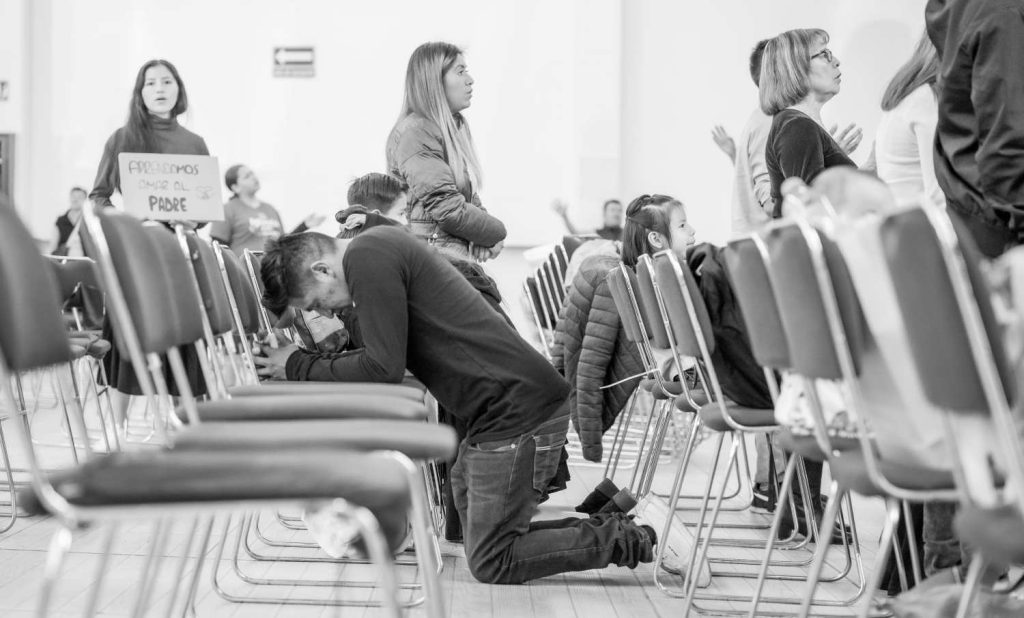
Photo Credit: pexels-israwmx-29551033
Written by Emma Shrestha and Andrea Rivosecchi, PhD students with SCENARIO DTP.
Discussions at COP29 have revolved around finance and the technical aspects of climate action. By design, the negotiations and panels are esoteric and can be exclusive and unapproachable for the general public, surprising in what should be two weeks of global collaboration for a better future. Among the many proposed options to engage more people in climate awareness, we present you today with one that is usually underestimated despite having great potential influence: religion.
Religion is one of the most primitive forms of shared culture throughout the world. Currently more than 5 billion people consider themselves religious. Although religions around the world share some common fundamental traits that align with the principles of climate action, these go unrecognised and underutilised.
A guiding practice in many religious teachings is to always listen to the others’ needs before expressing your own. As Mr. Kwong Djee Chan pointed out during the Indigenous Knowledge and Buddhism for climate resilience event held today at COP29, mindful practice can help climate action at different levels.
At the international political level, mindful negotiators can put collective-benefit thinking at the forefront of their agenda and achieve better results for the common good. As we saw so far, most negotiations stall due to lack of listening and willingness to cooperate at the higher level. Maybe “they all need to meditate more”, as Mr. Chan joked when asked why progress on the conference targets have been disappointingly slow.
At the personal level, religion can be a powerful tool to alleviate the stress and anxiety many people face when dealing with climate change and its consequences. On one hand, Mr. Chan reminded the audience that religion can give us the hope and confidence that our actions to mitigate and adapt to climate change will make a difference. Indeed, investing and working towards climate change mitigation can be seen as an act of faith, as the positive consequences of these actions will only be experienced in the future. On the other hand, religion offers an opportunity to connect with other people and create a critical mass to trigger large-scale societal changes.
Religion does not only help us improving our connection to other people but also our relationship with nature. Most religions around the world have an ancestral connection to natural features. Interviewed by our colleague Lynn de Miranda, Dr. James Padillioni Jr., assistant professor at Swarthmore College, emphasised how the link between religion and natural phenomena has enabled people to create a strong bond with landmark elements of their landscape for millennia. In the same way, today religion can facilitate broader engagement with climate action through reaching out to parts of our society that do not participate in the discussion. By stressing the importance of our interconnection with nature, found in both western and eastern religions, religious institutions have the authority to influence communities to engage and open to the reality of climate change.
Ultimately, at a time when the world is struggling to find arguments to engage people in nature conservation, as quantitative evidence is not resonating, religion can help spread and reinforce the message of nature’s intrinsic value. Therefore, it is important that high-level event like COP offers a space for discussions around the role of religion in addressing climate change.

